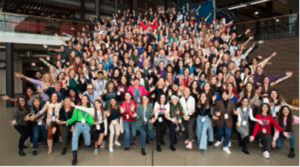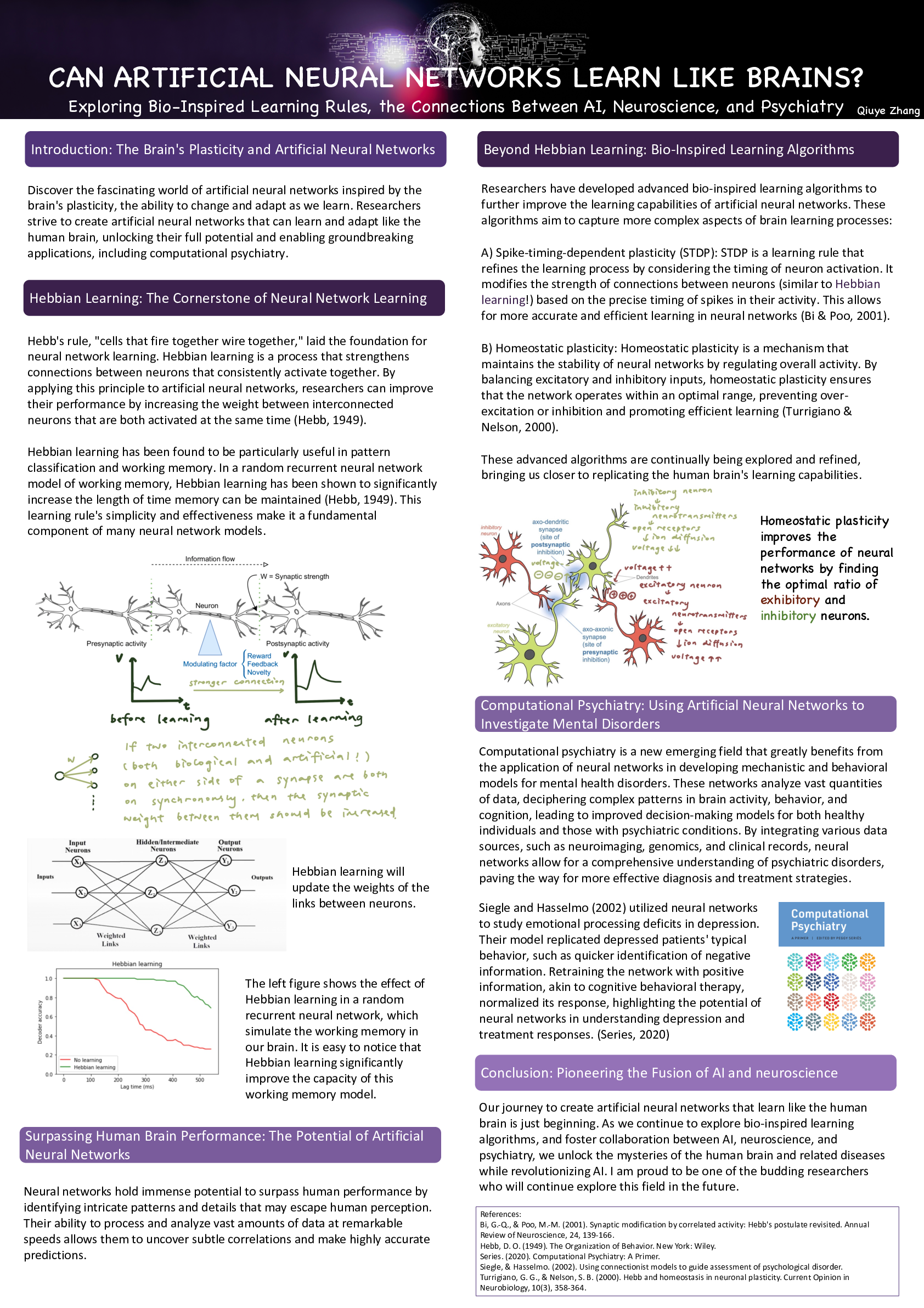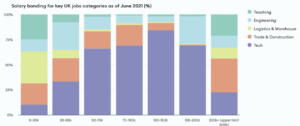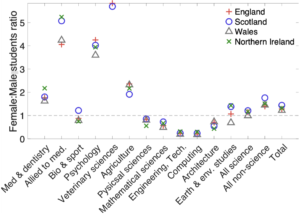I would like to take this opportunity to advertise the fantastic ED&I reading group that regularly meets in the Informatics Forum.
This reading group usually discusses a research paper on a topic related to equality, diversity and inclusion. Everyone in Informatics – and beyond – is invited to attend. To give you an idea of the sort of research the reading group discusses, the first paper was “Everyone has an accent” by Nina Markl and Catherine Lai. The first author joined us to present key points of her work and we discussed it directly with her. The paper was published at Interspeech 2023, and it points at a gap between how accents and accented speech are thought of in the linguistics literature and how speech technology research talks about them.
In everyday language, we might say that someone ‘has an accent’, which makes it sound like some people don’t have an accent. The speech technology literature seems to have embraced this idea. For example, there are studies that try to detect from a voice recording how “accented” someone’s speech is, and try to measure it on a scale. There have been suggestions that this technology could be used to decide whether a customer service employee is right for the job or whether they might require additional training. The linguistics literature, however, is clear: Everyone – from someone who has just started to learn English to the King – has an accent. The difference is that they have different accents, so they pronounce things differently.
Why does this distinction matter? One reason it matters is that perceptions of accents depend on the listener: an American may find that a Hollywood actor “doesn’t have much of an accent” but of course a Scottish person would disagree if the actor sounds American. Therefore it does not make much sense to say that one person has more of an accent than someone else, objectively. Where things do start to have an impact is when you are having difficulty understanding someone’s speech. Therefore, a more useful concept than accentedness is intelligibility. That is still not something we can measure in a single number (intelligible to whom?) but we can measure whether someone’s speech is intelligible to a specific group of people or to a specific voice recognition system.
To me, this research shows what happens when we take everyday notions and shorthands, like “having an accent” and incorporate them into our research without reflecting on the hidden biases that they are based on. In this case, could stereotypes about English learners and about class be playing a role when researchers equate the poorly defined idea of “accentedness” and intelligibility? It’s perfectly possible for someone to be easy to understand while they also have an accent that clearly shows where they grew up. Decisions about who gets a job or not, or who receives additional training, should not be based on research that uses flawed, outdated concepts.
For me, the goal of discussing such issues in a group isn’t to point fingers, it’s to critically reflect on our own stereotypes, and how they may be influencing our research, so that we can become better researchers.
The ED&I reading group usually meets once a month on a Tuesday at 1pm, in G.03. There is a mailing list (inf-edi-reading-group@mlist.is.ed.ac.uk), please find sign-up instructions here. For those who come, there’s pizza!






